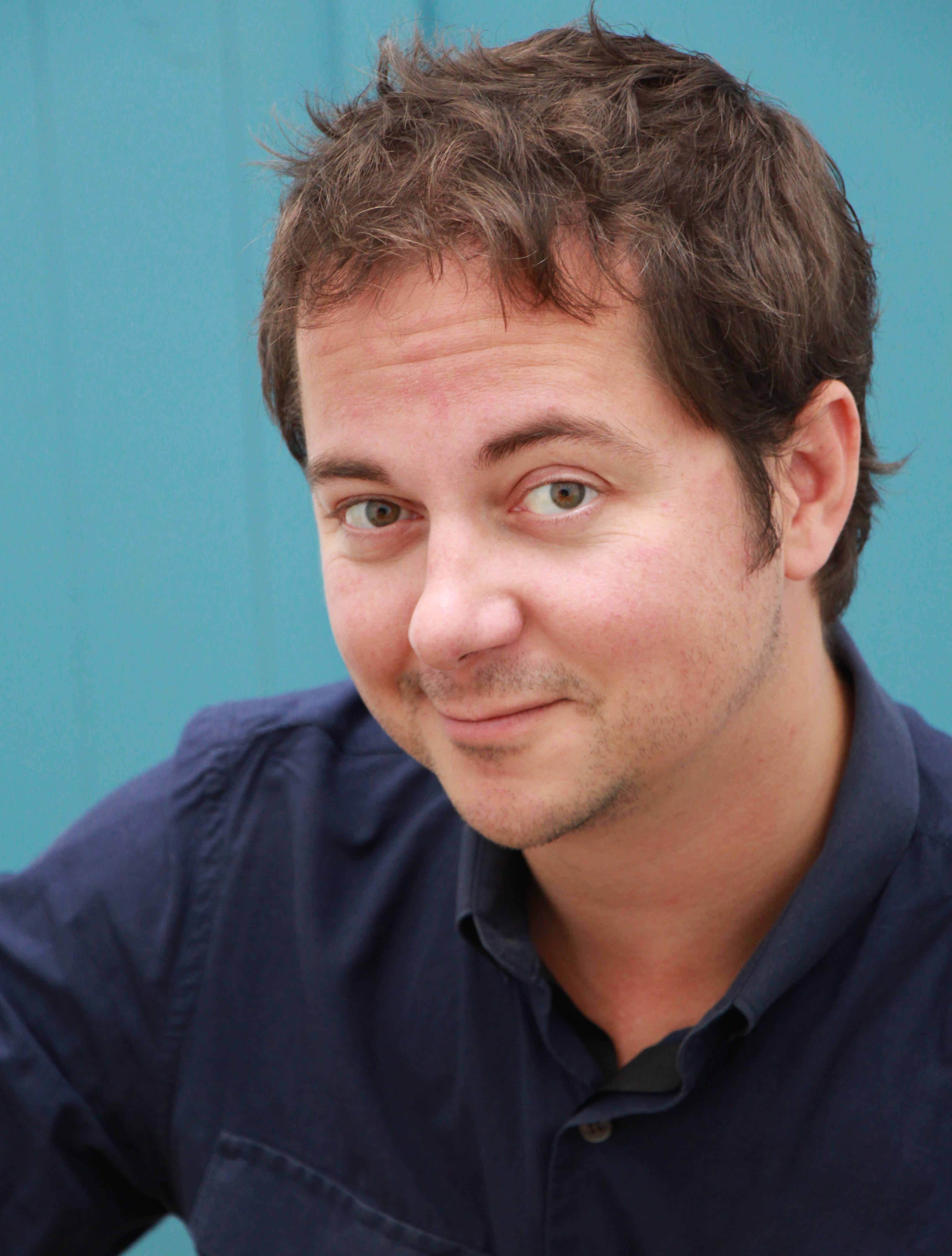For as long as I can remember, I’ve engaged – like many people – in the November/December ritual of annual planning.
Over the years, I’ve refined my process. I’ve shared it with friends and colleagues, reflected on my wins and missteps and updated the template (which you can access here for free).
There are a couple of things I’ve found that (a) are oft overlooked in the millions of other “annual planning” guides out there and (b) can have a sizeable impact on the efficacy of the process.
In no particular order, here are a few tips on making the most of any reflection or annual planning you do during this magical time of the year. I keep these concepts on top of my mind as I plan the year ahead.
Start from a strong foundation.
I’m hard-wired to look forward. (“Like a shark. I can’t look backwards. No neck!” – one of my brother’s favourite lines). For me, the future is exciting precisely because the future isn’t here yet. And while infinite possibility is fun to consider, it’s not hugely valuable for realizing one’s goals.
Before jumping into what next year can be, we need to acknowledge what this year was.
What did we accomplish? Where did we fall down? Why?
In some years, this is easier than in others. All years, there’s been substantial value in taking a hard look at what this past year included; the wins, the setbacks and – and this is the crucial bit – why. What did we do that led to that outcome? What do we know now that we didn’t know then? What external factors played a role in our outcomes (positive or negative)?
For me, the power of looking backwards through a magnifying glass is in the act of decreasing hubris, taking more responsibility for the things that didn’t go perfectly, and taking greater consideration for the external factors that influenced the wins.
It’s a balancing act, of course. I’m not interested in surrendering all success to external factors but simply “right levelling” my sense of control and influence. This exercise sets a more balanced understanding of my abilities going into the following year.
Plan holistically
Too often, we plan elements of our lives in silos. “This is my business plan. This is my health plan. This is how I’ll improve my relationships. Etc.” The various elements of our lives are rarely that discrete. If the pandemic has taught us anything, it’s how interconnected and overlapping our multiple facets are.
Lo-Fi / Hi-Fi calendar review
When reviewing the year-end, I find it helpful to do two passes of my calendar.
The first is a review of the “big rocks.” What were the significant trends, key activities, and milestones? When did they happen, and can I see any patterns or rhythms?
The second pass is more granular, week by week. Are there days that were better suited to client meetings? Productive work blocks? Where did I seem to place/need disconnection from work?
This dual-layer review helps me spot patterns and insights on how my year flowed and insight into my most productive weekly rhythms.
I then use these insights to inform my targets and plans for the year ahead.
Of course, the learning that comes through reflection and deliberate planning is never done, and I do not doubt that the year ahead will provide new insights into how I can perform at my best (for work, family and third-party roles I play). I find that engaging in this practice ensures I squeeze as much juice as I can out of the year, so I can continue to level up as I move forward.
And, as mentioned at the top, if you want a more fulsome guide on how you might engage in the reflection and planning process as you move into a new calendar chapter, you can access my (updated!) annual reflection guide & videos here.
Enjoy!


